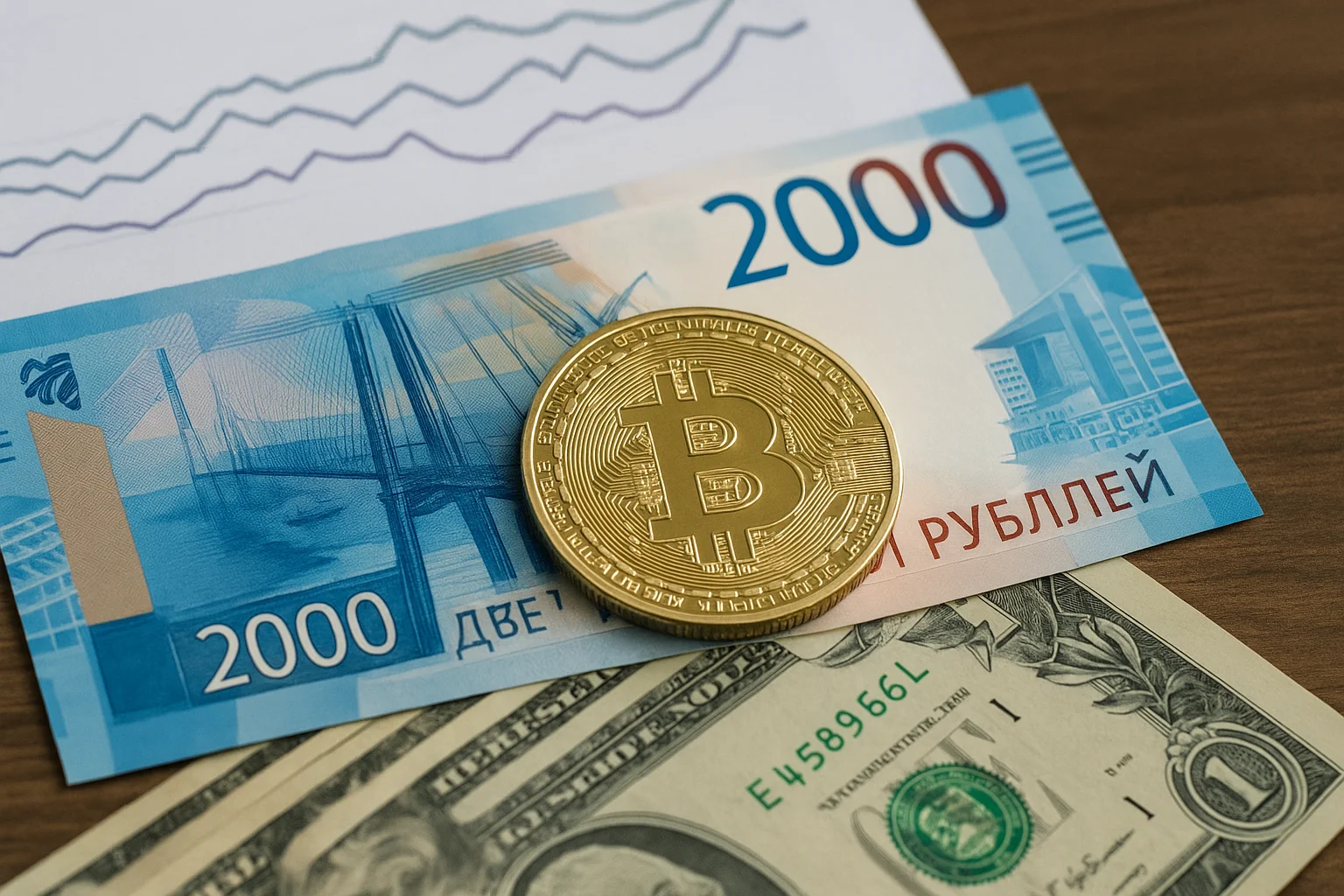The Central Bank of Russia is preparing to allow banks in the country to conduct cryptocurrency transactions. However, this step does not imply comprehensive liberalization. The Central Bank plans to impose strict capital restrictions and high collateral requirements on institutions that will work with crypto assets.
Cryptocurrency Development in Russia
Speaking at the Finopolis fintech forum, First Deputy Governor of the Central Bank of Russia Vladimir Chistyukhin said that the institution maintains a cautious stance towards decentralized assets like Bitcoin, but that it is unrealistic for banks to completely stay away from this market. Chistyukhin said, “We are conservative and are discussing the appropriateness of including crypto on banks' balance sheets. However, after discussions with the sector, we concluded that completely excluding banks from this area would be unreasonable.”
However, the Central Bank will impose strict restrictions to prevent banks from becoming overly dependent on crypto assets. It is stated that banks can allocate a maximum of 1 percent of their total capital to cryptocurrencies and will also be subject to high reserve requirements. This step aims to prevent digital assets from becoming the primary activity in the banking sector. Among Moscow's financial authorities, the Central Bank has long held the most aloof stance toward the free circulation of cryptocurrencies. However, pressure from Western sanctions, the instability of the ruble, and restrictions in international payment systems are forcing Russia to develop alternative financial channels.
Accordingly, an "experimental legal regime," which entered into force in early 2025, allowed companies to make payments with crypto assets in international trade. This system only covers a limited segment defined as "high-quality investors." To be included in this group, individuals must have assets of at least 100 million rubles (approximately $1.2 million) in banks and securities and an annual income of at least 50 million rubles ($600,000).
The Central Bank of Russia is working with the Ministry of Finance to finalize these criteria. A new draft regulation for banks is also being prepared. This regulation will set capital limits for crypto transactions, as well as standards for risk management and reserve holdings.
Chistyukhin stated that they want a comprehensive law covering crypto investments to be enacted by 2026. This law will establish a licensing system for companies offering crypto services. Following the law's enactment, the first licensed crypto brokerage firms are expected to begin operations by the end of the same year.
Central Bank Governor Elvira Nabiullina also supported her colleague's call, stating that the relevant draft law will soon be submitted to the State Duma. "We hope that a law regulating all aspects of crypto investments will be adopted in 2026," Nabiullina said.




